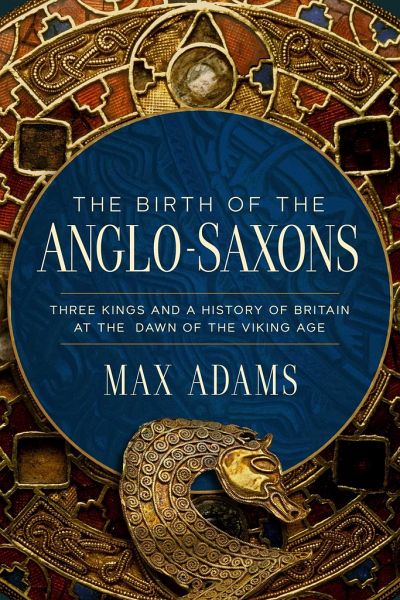
The Birth of the Anglo-Saxons
Three Kings and a History of Britain at the Dawn of the Viking Age
Versandkostenfrei!
Versandfertig in über 4 Wochen
26,99 €
inkl. MwSt.

PAYBACK Punkte
13 °P sammeln!
"For too long, the eighth century has been a neglected era in British history: a shadow land between the death of Saint Bede and the triumphs of King 2lfred and the eventual unification of England. But before the victories of King 2lfred against the Viking invaders, the kingdom of Mercia--spread across a broad swathe of central England--was the reigning power that exercised central political authority for the first time since the Roman Empire. This authority was used to construct trading networks and markets; to develop strong economic, cultural, and political links with the Continent; and to ...
"For too long, the eighth century has been a neglected era in British history: a shadow land between the death of Saint Bede and the triumphs of King 2lfred and the eventual unification of England. But before the victories of King 2lfred against the Viking invaders, the kingdom of Mercia--spread across a broad swathe of central England--was the reigning power that exercised central political authority for the first time since the Roman Empire. This authority was used to construct trading networks and markets; to develop strong economic, cultural, and political links with the Continent; and to lay the foundations for a system of defense that would be invigorated and reinvented by 2lfred at the end of the ninth century. ... In this ... history of early medieval Britain, Max Adams reconnects the worlds of the three kings--2thelbald, Offa, and 2lfred--in [a] ... study of the landscape, society, and politics of a fascinating century of change"--












